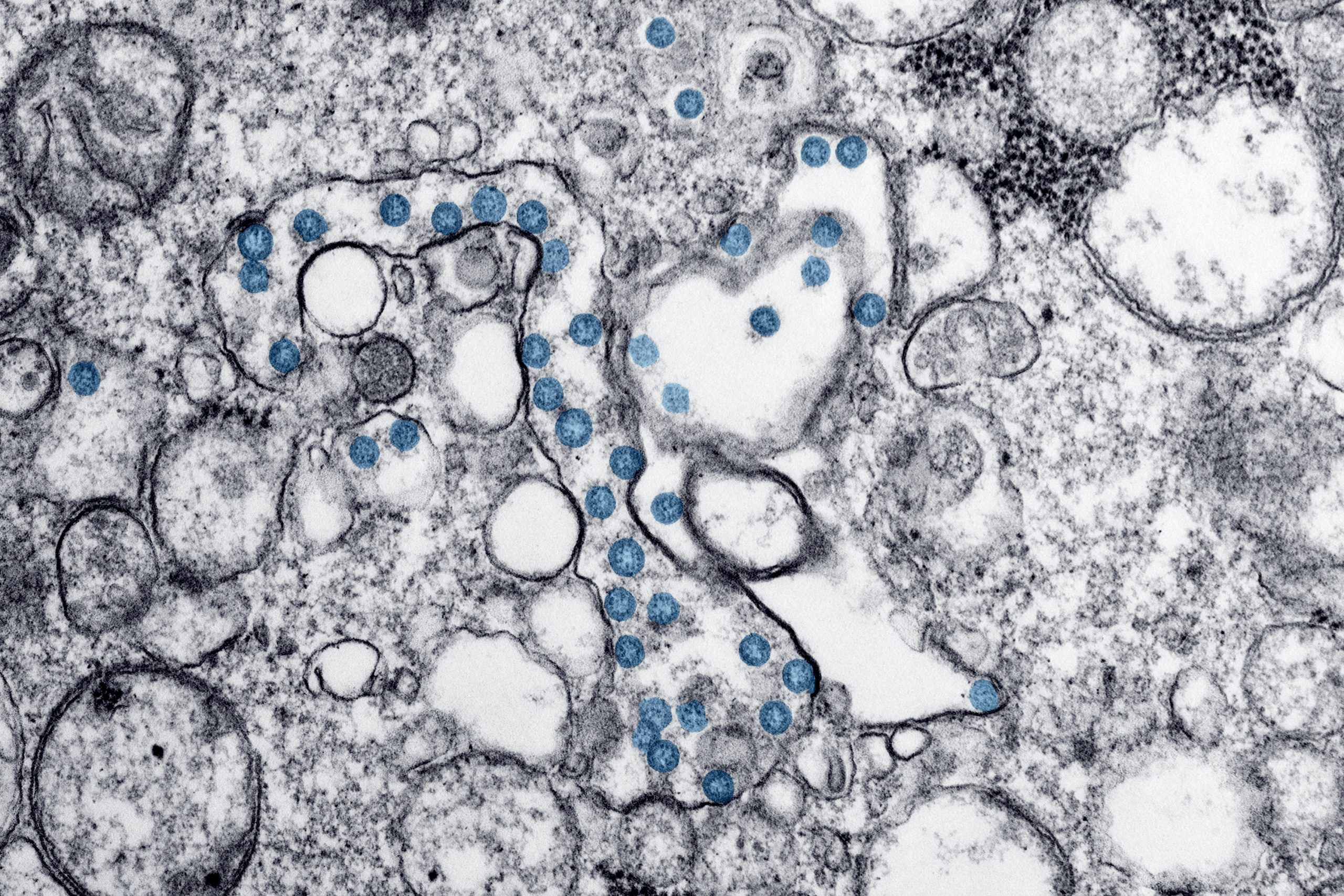Sociobehavioral and Implementation Science
Funding Source: CDC Prevention Epicenter Program
Area of Focus:
It is well-established that antimicrobial stewardship programs (ASPs) can reduce unnecessary antimicrobial use, decrease adverse drug events, and improve patient outcomes, such as reducing Clostridioides difficile infections. However, a critical research gap exists in the identification of strategies to implement and sustain evidence-based ASP interventions such that their full benefits across settings are realized. Studies have demonstrated the importance of face to face communication in ASP, but none have evaluated ways to increase the effectiveness of the way ASP personnel communicate on prescriber acceptance of interventions to optimize antimicrobial use.
Specific Aims:
The goal of this study is to evaluate the feasibility, acceptability, and preliminary impact of an ASP personnel-directed communication and coaching intervention to increase prescriber acceptance of post-prescription review with feedback (PPRF) recommendations. The project has three aims:(1)To optimize the Communication and Coaching to Increase Steward Influence (CACTIS) intervention via a collaborative expert stakeholder panel drawn from the CDC Epicenters Working Group (2) To determine the feasibility and acceptability of the CACTIS intervention to ASP personnel(3) To explore the impact of the CACTIS intervention on rates of prescriber acceptance of PPRF recommendations to discontinue, deescalate or change the duration of an antimicrobial prescription. Our long-term goal is to use the findings of this study to inform a large multisite stepped-wedge cluster-randomized trial to test hypotheses about the effects of the CACTIS intervention on acceptance of PPRF, antimicrobial appropriateness, and patient outcomes.
Funding Source: Society for Healthcare Epidemiology of America (SHEA) Research Scholar Award
Area of Focus:
Hospital-based initiatives dedicated to improving the use of antibiotics, known as Antimicrobial Stewardship Programs (ASP), have been demonstrated to improve the quality of patient care and reduce harm.Despite this, the uptake and implementation of ASPs in US hospitals has been incomplete and inconsistent. There is an urgent need to understand how evidence-based ASP interventions can be tailored to and sustained within hospitals, based on existing needs, available personnel and other contextual factors. ASP personnel, traditionally physicians and pharmacists with infectious diseases training, play a critical role in the successful implementation of ASP interventions. In addition to providing expert guidance, they promote improvement through communication and engagement with prescribers. In achieving these goals, ASP personnel are faced with a number of challenges including lack of time, lack of financial resources, resistant prescribers, an overwhelming workload, insufficient information technology and lack of leadership support. These conditions may contribute to burnout, a syndrome characterized by depersonalization, emotional exhaustion and a diminished sense of personal accomplishment. Previous research has demonstrated that, in general, infectious diseases physicians and pharmacists experience a significant degree of burnout. However, there has been no research to date on burnout in ASP personnel specifically. Burnout in this group may lead to frequent turnover and diminished capacity to engage prescribers to improve antibiotic use, thus limiting the impact of ASP interventions.





